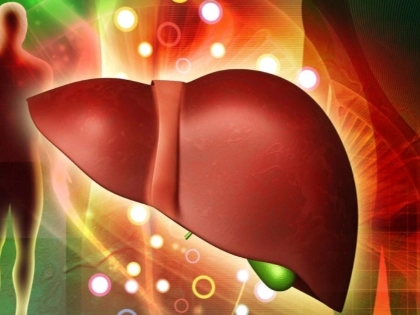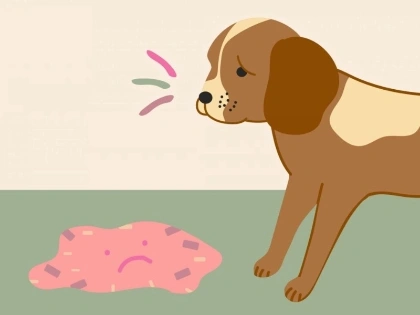Fever

A fever can help combat an infection, but it can also be dangerous if it becomes too high. Excessive body temperatures may disrupt proteins essential to maintaining normal bodily functions, leading to their breakdown.
Fever is often caused by infections, and they usually go away without medical intervention. However, fever could also be indicative of something more serious such as heart disease or stroke.
Viral infections usually cause fevers that last two to four days, along with fatigue, sore throat and body aches as symptoms.
Your doctor may take a sample of your mouth or throat to check for bacteria. If the sample is positive, they are likely to prescribe antibiotics.
Swelling

Swelling is often indicative of an infection. It occurs when your body reacts to either an irritant (like a germ) or foreign object (such as a splinter).
In some instances, swelling may be caused by a dental issue. For instance, if food gets stuck between your gums due to inadequate brushing or flossing, it could lead to localized inflammation.
If the swelling is due to an abscess, it's essential that you see a dentist immediately for treatment. Without treatment, the abscess could spread and even develop into a life-threatening complication known as septicemia.
To help relieve toothache and reduce swelling, try a salt water rinse. Mix one teaspoon of salt into one cup of warm water, then hold the liquid in your mouth for two minutes before spitting it out.
Severe Pain

If the pain is intense or persists longer than anticipated, it could be indicative of an infection. If your fever comes on suddenly or if the discomfort causes problems breathing or swallowing, contact a doctor right away for further assessment.
Infections may spread to other parts of your body, leading to an abscess (pocket of pus in your tooth). If this infection spreads into the bloodstream, it could result in sepsis - a potentially life-threatening condition.
Trouble Swallowing

Swallowing is a complex process requiring more than 50 pairs of muscles and numerous nerves to receive food in the mouth, prepare it, and transport it from there to the stomach.
Your doctor can identify any underlying causes of your difficulty swallowing and may prescribe medication. They may also suggest modified diets or use a feeding tube that delivers food directly into your stomach until swallowing becomes easier.
Advertisement
Recommended Reading: Does Cinnamon Lower Blood Pressure?
























Comments
Leave a Comment
Your email address will not be published. Required fields are marked *